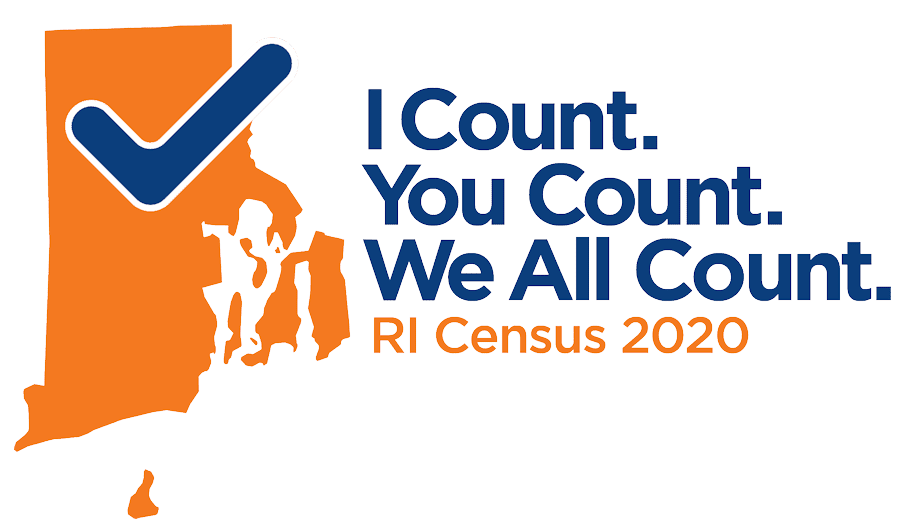Search Posts
Recent Posts
- U.S. Carries Out Limited Strike on Iran’s Known Nuclear Sites (Updates) June 22, 2025
- A Greener View: E. Coli vs. Vegetables, and Your Garden – Jeff Rugg June 22, 2025
- Rhode Island Weather for June 22, 2025 – Jack Donnelly June 22, 2025
- Ask Chef Walter: The Art and Science of Baking – Chef Walter Potenza June 22, 2025
- Gimme’ Shelter: Aurora is waiting for a home at the Providence Animal Control Center June 22, 2025
Categories
Subscribe!
Thanks for subscribing! Please check your email for further instructions.

I count. You count. We all count. Census overcounts.
Rhode Island is one of 8 states that overcounted the US Census. Rhode Island’s 5.05% overcount translates to more than 55,000 residents, and is the 3rd highest overcount state. Rhode Island would have lost a congressional seat if only 19,000 fewer residents had been counted. Rhode Island and Minnesota are the two states that would have had a seat up for losing.
Why is an accurate count important?
According to PRB (Population Reference Bureau): “The U.S. Constitution mandates that a census be taken every 10 years to count all people—both citizens and noncitizens—living in the United States.2 Responding to the census is mandatory because getting a complete and accurate count of the population is critically important. An accurate count of the population serves as the basis for fair political representation and plays a vital role in many areas of public life.
1. Apportionment
State population counts from the decennial census are used to reapportion seats in the U.S. House of Representatives.
2. Redistricting
State and local officials use decennial census results to help redraw congressional, state, and local district boundaries
3. Money to States and Localities
Census totals help determine the amount of funding that state governments and local communities receive from the federal government for the next decade.
4. Planning
Data from the census inform a wide range of government, business, and nonprofit decisionmaking.
5. Emergency Response
Detailed population information is critical for emergency response in the wake of disasters.
6. A Base for Federal Surveys
Decennial census data provide a population base for dozens of federal surveys.
Why did an overcount happen in Rhode Island?
James Diossa, former Mayor of Central Falls and now at Brown University, who is an announced candidate for Treasurer of Rhode Island served as Chairperson of a large “Committee” to count the Census in RI. When asked what accounted for the overcount, Diossa talked about the $20 per person incentive to fill out a Census form as creative marketing, saying to NBC10 that “the group tried to be innovative in getting people to trust the Census process”.
Nellie Gorbea, RI Secretary of State, and a candidate for Governor of Rhode Island, said she blamed Donald Trump for the overcount happpening. In a statement provided to RINewsToday by Gorbea’s campaign office: “It is not surprising that there are multiple errors being found during the audit process of the 2020 Census. Throughout his time in office, former President Trump tried to use the 2020 Census as a political tool. At every turn, his administration undermined the process. He underfunded the entire effort, sought to unconstitutionally exclude noncitizens from the count, and he stopped the process a month early. President Biden’s administration thankfully is in the process of correcting both overcounts and undercounts that are part of President Trump’s legacy of mismanagement.”
John Marion of Common Cause: “It could be that getting people excited to participate resulted in them filling it out twice,” said Marion, executive director of the government watchdog group Common Cause Rhode Island. “We’re essentially the lucky beneficiary of a statistical anomaly,” Marion said. “And as a result, we’ll have more representation in Congress for 10 years.”
Many states were concerned about an undercount which could have impacted vital funding to their states for programs and services.
How other states explained it:
Hawaii (6.79%), the state with the largest overcount said their economists “think people staying in their vacation homes for the pandemic as well as students who were in Hawaii for spring break affected the count.”
Minnesota (3.84%) said, “Overcounts suggest people who were counted more than once, as for example, children of divorced parents who share custody or people with vacation homes.”
Massachusetts (2.4%), representing what have come to be known as “hard to count” populations. Generally, the hard-to-count groups tend to be children younger than 5, immigrants, racial and ethnic minorities, rural residents, low-income people, homeless and Native Americans.
New York (3.44%) suggested that the bureau underreported the state’s population going into 2020, but identified that the state lost population in the year since. “The numbers don’t all add up…and the numbers aren’t provided yet below the state level so we don’t know what’s going on between the lines.
Delaware (5.45%) suggested that “many undercounted states were ones with conservative governments that did not publicize participation in the census”.
Ohio (1.49%) – some people are accidentally counted twice or wrongly included, such as those born after April 1, 2020 – and “many challenges, such as conducting fieldwork during the COVID-19 pandemic,” as a likely cause.
No changes will be made in the national Census figures, which also included states with an undercount. The next Census is in 2030. Impact on Rhode Island of a new, “accurate” census count won’t happpen until approximately 2032.

